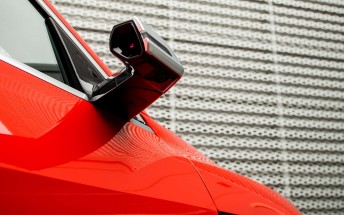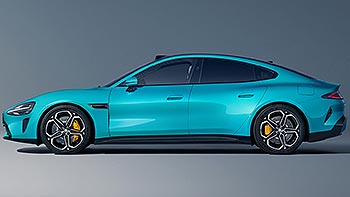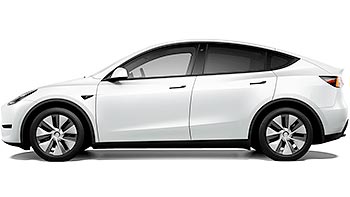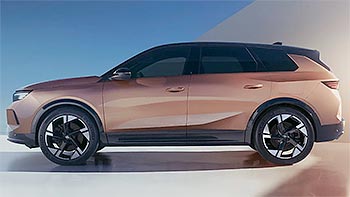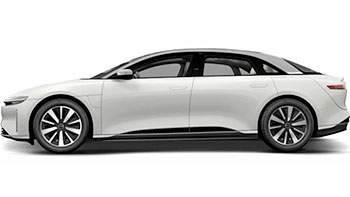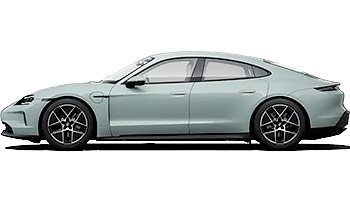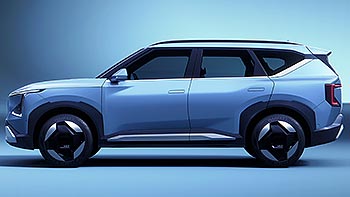300 engineers are working on Nio’s self-driving processor and LiDAR sensors

Nio confirmed it is working on its own high-level autonomous driving processors as well as its own LiDAR sensors for the next generation of Nio Pilot, the in-house self-driving system. It isn’t the first company to go take that route, XPeng and Li Auto are developing their own chips as well.
Nio is scooping up talent for its development team from many competitors, the smart driving hardware division is headed by Bai Jian, the former general manager of Xiaomi processor development team and former hardware director at OPPO. The team leader comes from Huawei’s development division and currently the entire team counts nearly 300 members.
The company is focusing on two areas only - its own processor and LiDAR sensors to support autonomous driving. LiDAR development is being supported by Nio’s supplier Innovusion according to the Chinese press.

The company is hoping to roll out new hardware to its vehicles some time in 2024. To attract the best talent from within the industry, Nio is apparently offering salaries on average 30 percent higher than its competitors.
William Li, the CEO of Nio, has been talking about developing in-house processors for a while now, the company is working on a full-stack self-research capabilities as it believes that having its own core R&D will help with addressing potential changes in industry policies. It helps as well with profit margins and it keeps the company competitive and independent.
XPeng is working on its own chips as well, its team is headed by a former DJI executive who reports directly to Wu Xinzhou, the VP of autonomous driving. According to reports, the first processor from XPeng has computing power of more than 1,000 TOPS - to put it into perspective, Tesla runs its FSD with 144 TOPS.
 Nvidia DRIVE Thor is the most powerful self-driving processor with 2,000 TOPS
Nvidia DRIVE Thor is the most powerful self-driving processor with 2,000 TOPS
Nvidia has joined the autonomous driving development with its first dedicated processor, the Nvidia Orin that manages 154 TOPS. The latest chip from the company, the Nvidia Thor already is working at 2,000 TOPS.
Autonomous driving is no longer a pipe-dream, Tesla is still considered to be at the forefront of the technology but not for much longer. The recent announcements from Nvidia, from Xiaomi and now from Nio suggest the race is very much on and the competition is catching up quickly - if not already leaving Tesla in the dust with its controversial decision to entirely focus on camera vision for the FSD. As usual - since we can’t really tell the future, time will tell who’s right and who’s lost their way.
Related
Reader comments
Nothing yet. Be the first to comment.









